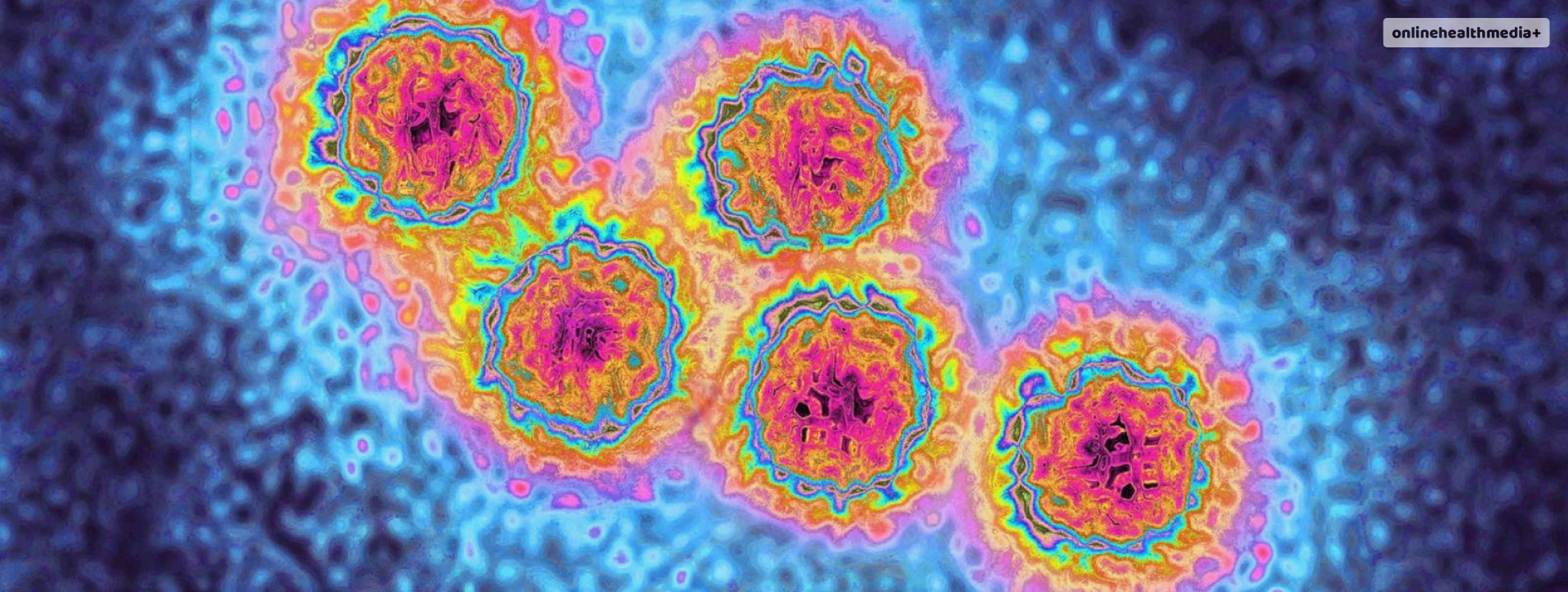Hepatitis A Resurgence Sparks Concern Among Vulnerable Populations.
Hepatitis A is experiencing a resurgence among the homeless population and illicit drug users in Massachusetts, according to state health officials (Source: NBC News).
The highly contagious liver infection was identified in six individuals last month across Suffolk, Norfolk, and Plymouth counties surrounding Boston, as well as in Hampden County in western Massachusetts. Although no deaths were reported, some patients required hospitalization.
The affected individuals, mostly men aged 36 and older, shared common factors such as recent homelessness, unstable housing, injection drug use, and other drug use.
The 2018 hepatitis A outbreak in Massachusetts resulted in 563 cases and nine fatalities, with populations experiencing homelessness and individuals who inject drugs deemed particularly vulnerable.
This recent increase in cases echoes a national wave of hepatitis A outbreaks that began in 2016 and persists in some states, including Indiana, Maryland, and Pennsylvania.
While some states declared the outbreak over by 2019, the CDC recorded 424 deaths nationwide before its conclusion.
Massachusetts officials considered their outbreak finished in 2020, but the latest cases suggest the possibility of a new wave.
The virus can thrive in unsanitary conditions, emphasizing the need for preventative measures. Health officials in Massachusetts are encouraging a response similar to that implemented in San Diego during a 2017 hepatitis A outbreak among homeless individuals, which triggered a health emergency and resulted in 20 deaths and 592 cases. San Diego county officials partnered with the city to install hand-washing stations in public areas.
The CDC outlines symptoms of hepatitis A, including fever, fatigue, loss of appetite, stomach pain, nausea, diarrhea, and yellowing skin, appearing two weeks to six months after exposure. Although death is rare, vaccination, even within two weeks of exposure, is effective in preventing the infection.
Health officials stress that hand sanitizer may not be effective against hepatitis A, emphasizing the importance of hand-washing stations and sanitary conditions in addressing the outbreak.
The advisory also highlights specific at-risk groups, including men who have sex with men, individuals with chronic liver disease, heavy drinkers, and global travelers.
As Massachusetts grapples with this resurgence, health leaders are urged to prioritize vaccination efforts, enhance sanitation measures, and remain vigilant in monitoring and responding to the evolving situation.
Also read
- What Are The Benefits Of Acupuncture?
- Compelling Reasons To Incorporate Shilajit Into Your Diet.
- What Is Bioidentical HRT? How Does It Compare To Traditional HRT?



